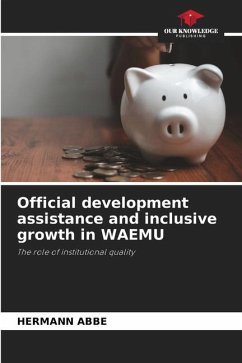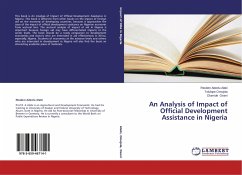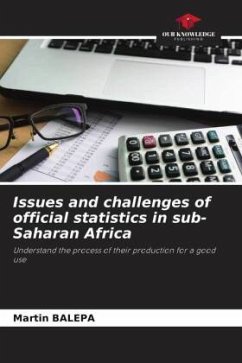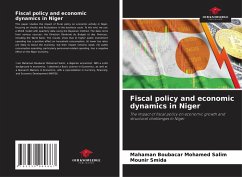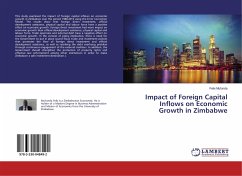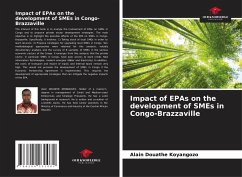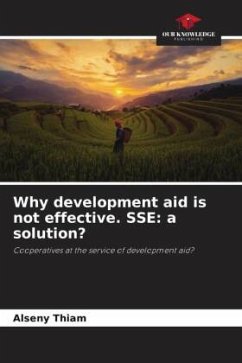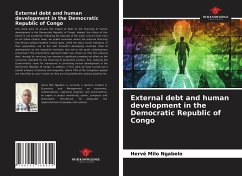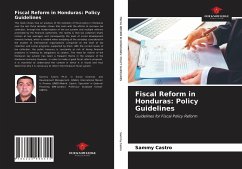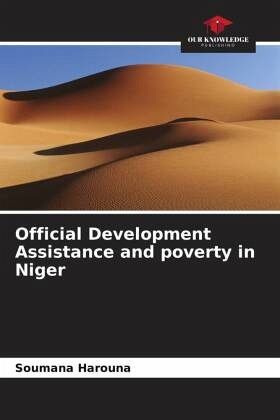
Official Development Assistance and poverty in Niger
Versandkostenfrei!
Versandfertig in 6-10 Tagen
24,99 €
inkl. MwSt.

PAYBACK Punkte
12 °P sammeln!
The recent economic crisis in advanced countries has resulted, among other things, in the reduction or rationalization of official development assistance (ODA) granted to low-income countries, including those in sub-Saharan Africa. Researchers' opinions are quite divergent on the effectiveness of this type of financial contribution to the development process of poor countries. First, a first category of authors believes that ODA slows down the economic growth of recipient countries (Griffen and Enos, 1970; Bonne 1994; Dambissa Moyo, 2009). Then, a second category of authors notes that ODA cont...
The recent economic crisis in advanced countries has resulted, among other things, in the reduction or rationalization of official development assistance (ODA) granted to low-income countries, including those in sub-Saharan Africa. Researchers' opinions are quite divergent on the effectiveness of this type of financial contribution to the development process of poor countries. First, a first category of authors believes that ODA slows down the economic growth of recipient countries (Griffen and Enos, 1970; Bonne 1994; Dambissa Moyo, 2009). Then, a second category of authors notes that ODA contributes positively to the growth of countries that receive it (Stiglitz 2002; Sach, 2004; Nafiou 2009). Finally, a third category concludes that the effectiveness of ODA is conditioned by the quality of the institutions and economic policies of the receiving countries. This study aims to examine the relationship between ODA and poverty in Niger, as the country has been receiving ODA since independence in 1960, while poverty affects more than half of the population in 2011.



